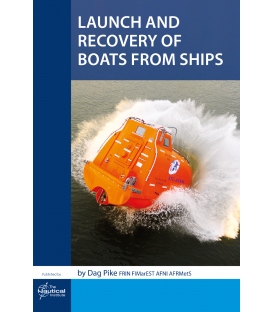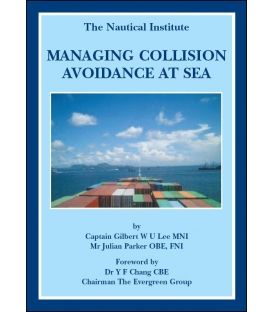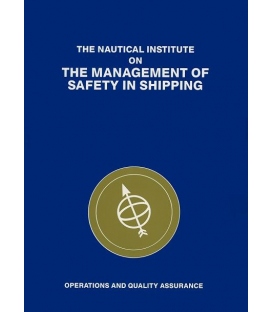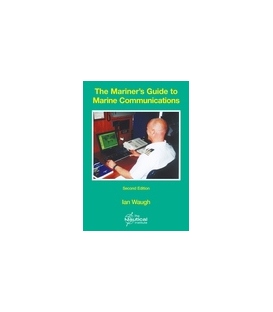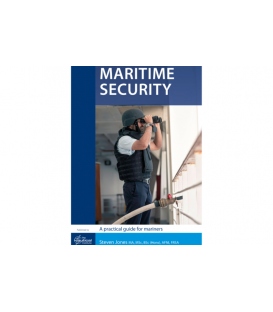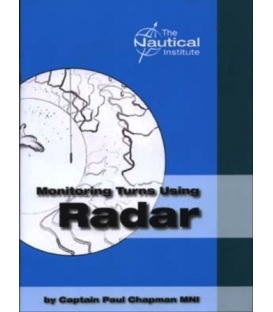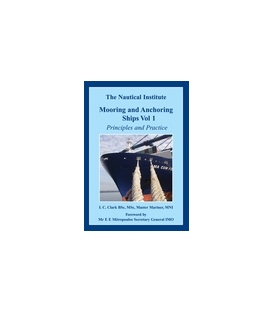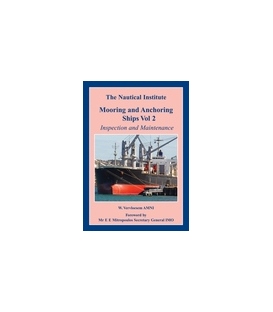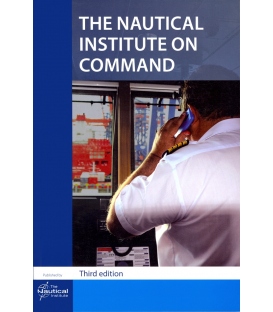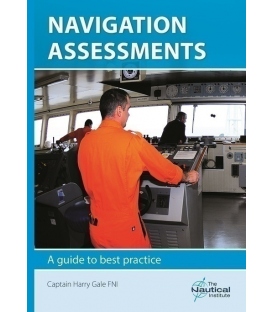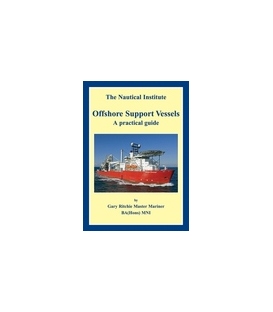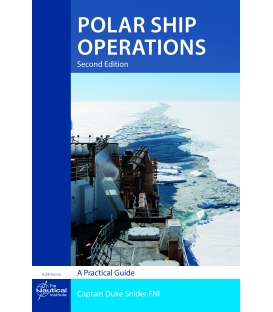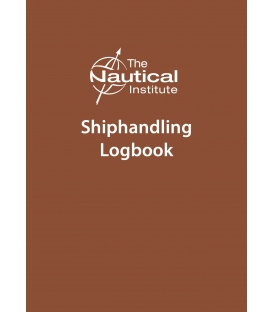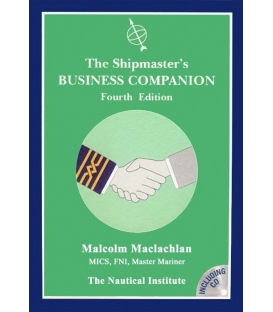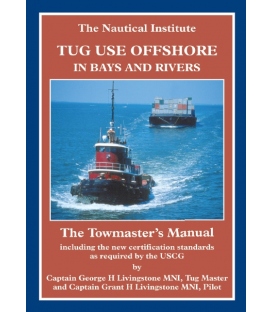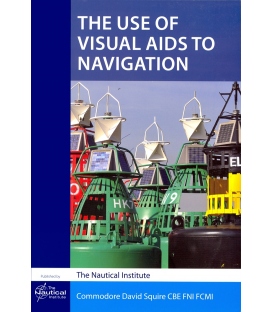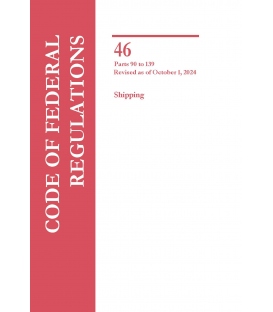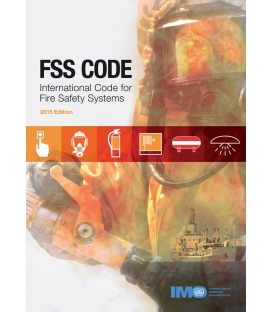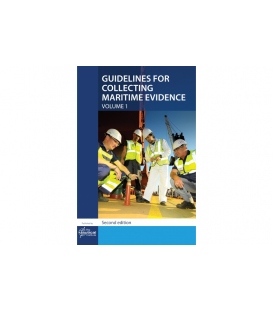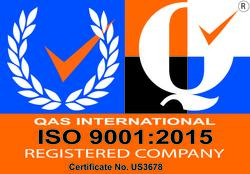

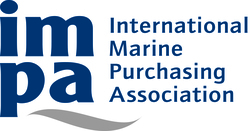
Sign up for our Newsletter
Human Performance and Limitation for Mariners 1st Edition 2015
The Nautical Institute’s latest book, Human Performance and Limitation for Mariners, builds on a concept first introduced in the aviation industry that was responsible for a massive reduction in accidents. This concept will enable seafarers to make the best use of their physical and mental abilities in the challenging shipboard environment. Launching the book in Manila today (November 13), Captain Robert McCabe FNI, the Institute’s President, said “It will give mariners insights into physical and psychological difficulties they may face.”
“In aviation the concept of human performance and limitation (HPL) has been credited with great advances in safety,” he explained. “Pilots came to understand the realities of human limitations and their implication for delivering consistent overall performance. “ This publication will help seafarers to benefit from those advances.
Although we seek to learn and benefit from these lessons out of the aviation industry, we recognise two major differences with the maritime industry,” continued Captain McCabe. “First, on vessels we are subjected to different motions and effects such as noise, heat, and vibration. The second, and more significant difference that this book describes, is the ship is home for our maritime professionals for many months at a time. There are challenges to life onboard, including living in a multicultural environment.”
One of these challenges is fatigue, which is often implicated in casualty reports. “This book sets out exactly what is going on if mariners face fatigue and the dangers it can put them in. It has been written to help individuals gain an insight into physical and psychological traits and help mariners understand the limitations of their bodies and minds in this special environment.”
“These insights will help to protect mariners and ensure that they are able to contribute effectively to the special team that is the ship’s crew,” he added.
There are practical examples of HPL in the book, from explaining the effects of fatigue to the time it takes eyes to adjust to the change from light to dark – particularly crucial for reading the bright displays on bridges. “If this sounds intimidating and technical, then I can assure you it shouldn’t be. The book’s style is personal and written in seafarer language,” added Captain McCabe.
All crew members have a part to play in the safety and commercial success of their vessels. Crews are responsible for the lives of all those onboard, for millions of dollars of company assets in the form of the ship itself, hundreds of millions of dollars in cargo value and billions of dollars in terms of liabilities and environmental impact.
The Nautical Institute feels that happy, healthy, well-trained and motivated seafarers will ensure the safe conduct of ships and the safe and timely arrival of the world’s cargoes. All mariners need to be aware of how to protect themselves physically and mentally and to make the best use of their physical and mental abilities to manage modern ships in what we all know is an increasingly complex and dynamic maritime environment.

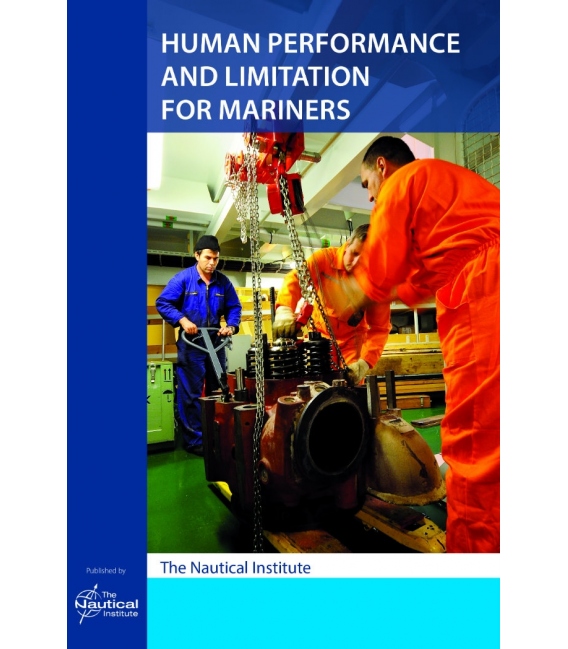

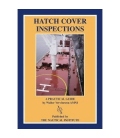
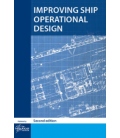

![Integrated Bridge Systems Vol 1 & 2 - Set [Radar & AIS (2008) & ECDIS & Positioning (2010)]](https://mdnautical.com/37997-home_default/integrated-bridge-systems-vol-1-2-set-radar-ais-2008-ecdis-positioning-2010-.jpg)
